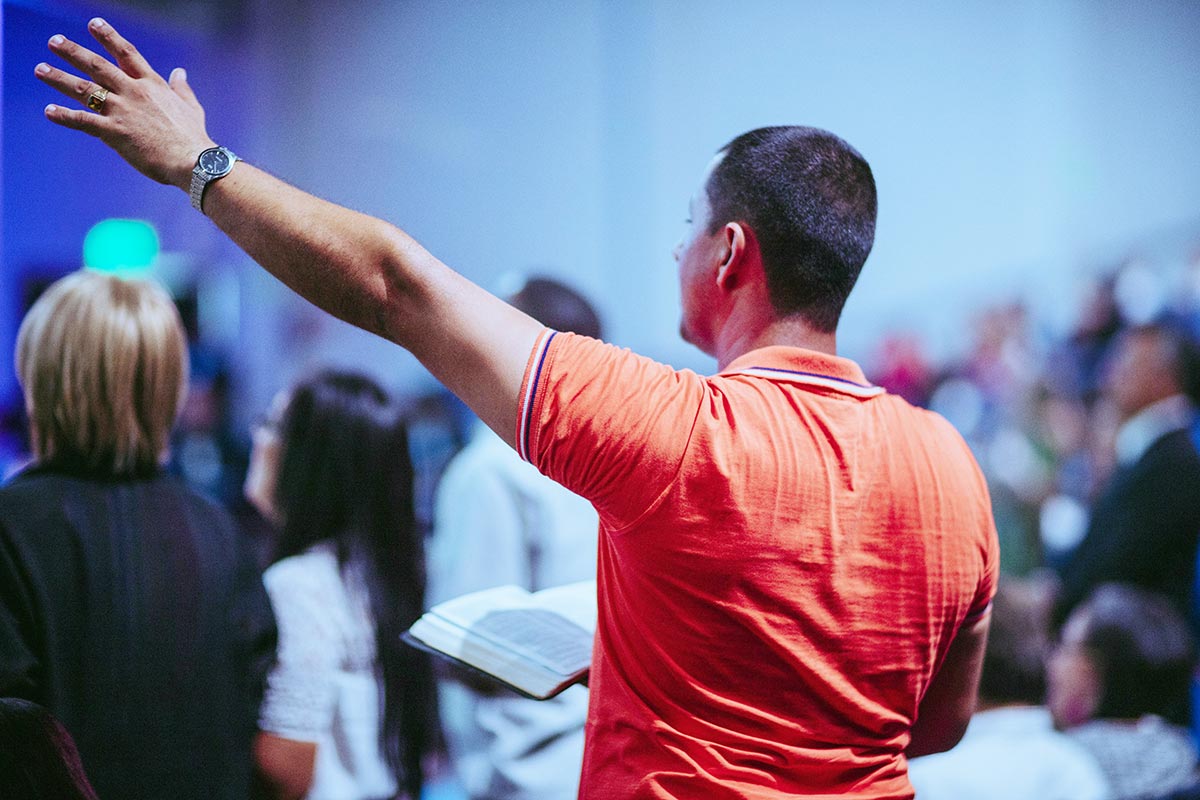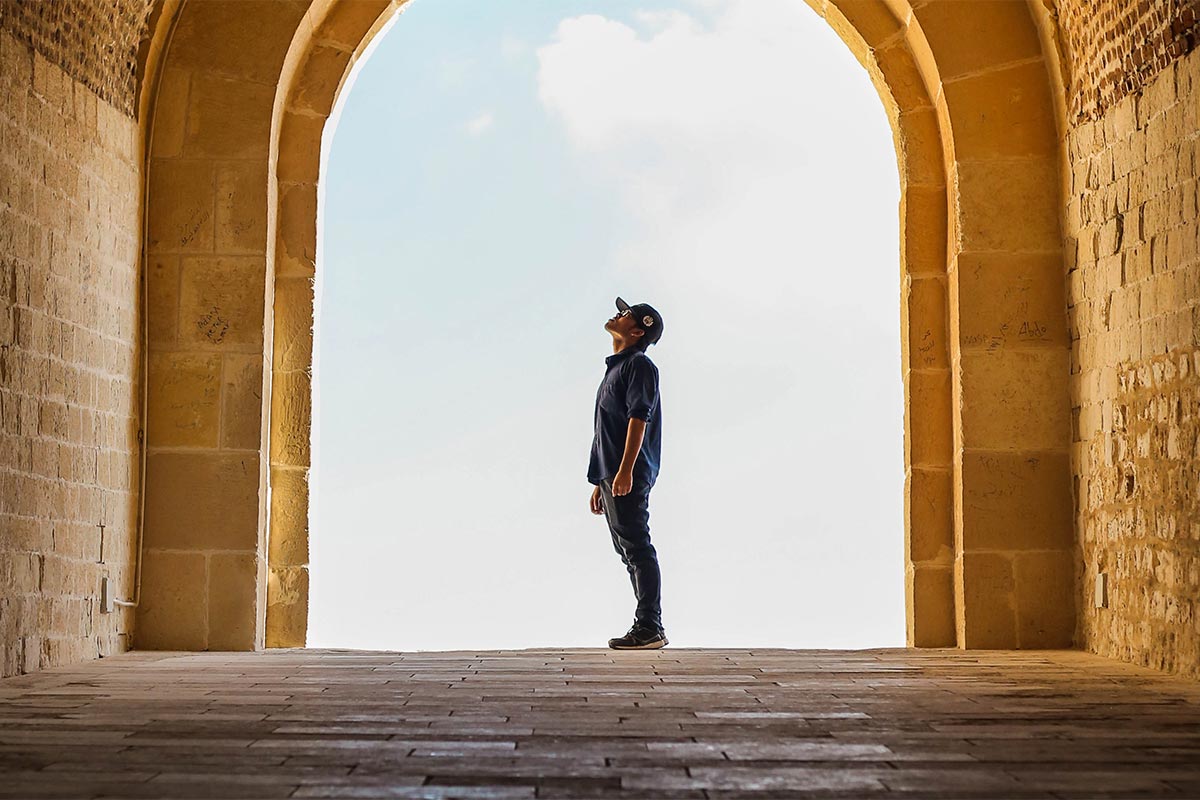
If you’re in recovery and moving into self-help and recovery groups then you quickly start to encounter spirituality as a major part of recovery. For many, that sounds synonymous with “religion” but it’s very much not. In fact, many rehab programs and self-help groups incorporate religion and spirituality separately and as two distinct but important parts of treatment.That’s important, especially if you’re don’t share the religious faith of your treatment program, aren’t sure about your religious faith, or don’t have one. You can still engage in spirituality and spiritual practices without religion. And, if you’re religious, you can use spirituality as a separate tool from your religion.
What is Spirituality?
Spirituality is the process of relating to the world around you in a meaningful way. It’s about getting in touch with your physical self and the physical world around you and being able to experience the world with wonder, curiosity, gratitude, humility, and love. It’s often also about the search for or acceptance of a lack of meaning in that life and finding answers or acceptance for the things that happen to you.
Spirituality can mean exploring:
- Do things happen for a reason?
- How can I live life in a fulfilling way?
- Am I connected to the world around me and how?
- What is happiness?
- Who am I? What defines me?
- Am I a good person? What is a good person?
- Is there a higher power?
- If there is a higher power, how does it affect my life?
Spirituality is about connecting to the world around you including people and places.

It’s about living in a careful way, designed to reach the goals you want. And, its about learning to interpret the world around you in your own way. That can be found in simply practicing some religions. It can also be found in thought, self-exploration, connecting with others, and learning to interpret the world and your own emotions.
What is Religion?
Religion is, in most cases, a communal set of beliefs, sometimes formalized into a formal religion, shared by a group of people. This means that a larger group of people share rituals, moral beliefs, and beliefs about the world.
There are also many, many different religions in the world. In the United States, Christianity, Judaism, Buddhism, and Islam. And, each of those divides into many further categories, like Protestant, Catholic, Mormon, etc.
Get Your Questions Answered
Our expert & caring staff on site are available 24/7. Call us today.
Religion is a formal system shared by a group of people and may include:
- Moral practices and guidelines regarding behavior and personal conduct
- Beliefs about the world and how it was created
- Beliefs about right and wrong
- Moral guidelines dictating responsibilities to the self and others
Those beliefs can create a significant amount of structure to your life depending on the religion. In other cases, it may provide very little day-to-day structure. For example, Islam religions typically dictate prayer five times per day, most Christian religions only dictate church attendance once per week.
Religion also often incorporates a significant amount of spirituality including connecting to the self, acknowledging a higher power than the self, and a search for meaning. For many people, the spirituality aspects of religion are the most important parts of it – which is often where the confusion between the two terms arises.
For example, Christianity helps to answer many of the defining questions of spirituality by defining what it means to be a good person, by laying down moral guidelines, and by defining a higher power and what he expects from you as an individual. That’s still spirituality, because you still have to interpret it and use it as a guideline for your life. So, in many ways, religion is a set of guidelines or a framework for practicing spirituality.
How Are They Different in Recovery?
Spirituality and religion have definite overlaps. However, they are used in very different ways in recovery.
Religion – Used as a formal and defined or structured activity where you meet up, pray, work together, and study. Religion can be thought of as learning to follow rules, to engage with others, and to learn or be accepted into ideas and concepts. If you’re in a religious program, you might be asked to join prayers, to talk to a higher power, and to take part in rituals with your group. Those rituals can be as simple as daily prayers or as complex as fasting or abstaining from eating red meat on certain days of the week. It can also help you with recovery by making you feel accepted, by giving you boundaries and rules, and by giving you a framework in which you know what you have to achieve to be a good person.

Spirituality
– Spirituality in recovery is normally used as an informal framework in which you can explore yourself and the world around you. Sometimes that will mean exploring yourself and your interactions with others. It may also involve finding a higher power (including the universe), learning to explore yourself, and learning to connect with the world around you in a meaningful way. That can be a powerful part of your recovery because self-discovery and finding out what is important to you is an important part of setting goals, figuring out where you want to be, and deciding what is good for you.Spirituality and religion are both very different. However, religion does include a lot of spirituality, although with a framework.
Therefore, many treatment programs actually include both and separately. In addition, while you can often choose treatment programs that aren’t based on religion, you’ll almost never find one that doesn’t use spirituality. However, there are benefits to both and it may be a good idea for you to explore your options and decide what you want. Often, if you’re not practicing a religion, you won’t likely want to attend a treatment program based around that religion. However, you can attend a spirituality program with no concerns because it will not likely conflict with your religion.
Eventually, spirituality and religion are different tools. However, religions always include spirituality.
If you or your loved-one struggles from alcoholism or other substance abuse please contact us today and speak with one of our experienced and professional intake advisors about our detox, partial hospitalization, and residential treatment programs. 10 Acre Ranch also has specialty tracks like our pet friendly drug rehab and couples substance abuse treatment programs. We’re here to help you recover.






